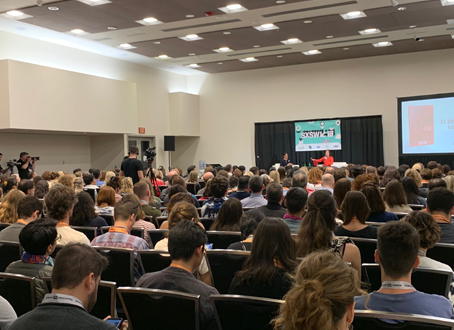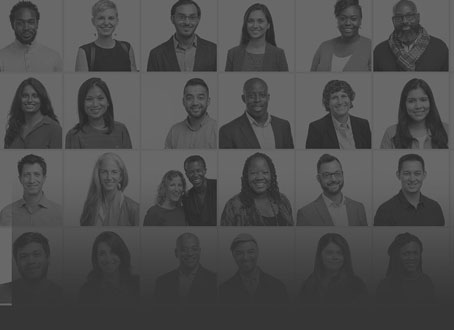Innovation is driving technology and change faster than ever before. Yet, when I am asked about technological innovations that have the best chance to make an impact in the future of philanthropy, I often cite a collaborative approach that is closely aligned with the technology world, but can no longer be considered cutting edge: open source.
This may not be the answer that many are expecting, but open source’s collaborative and transparent nature is well suited for philanthropy and its ability to leverage the power of many to do good at minimal cost lends itself to being one of the keys to the next phase in the evolution of philanthropy.
Open source software allows anyone to read, study, modify and redistribute a software’s source code with little restriction other than that free access is maintained. It is often developed in a highly collaborative manner with many people contributing pieces of code and it is found in a wide variety of places – the overwhelming majority of consumer devices include some open source code.
For many philanthropies and non-profits, open source provides the opportunity to save money and time. There is a growing community of coders experimenting openly and sharing ideas and software covering everything from website and app development to artificial intelligence and blockchain. By embracing open source, foundations and nonprofits can tap into this space of bright technologists and innovators for free. In doing so, they will gain access to battle-tested code and ideas, allowing them to focus on their core missions.
For others, it is an opportunity to leverage the time and money they have put into building software and programs so others in the field can use them. In our network of changemakers, we see many organizations producing innovative platforms and technologies that are used to create social change. Why not further that effort by open sourcing that work so that many more can use, improve and share it? Our experience shows that by including open source from the outset of a plan, you reap the benefits of including a community in your work and have a product that can be shared with the larger community with minimal effort. And, frankly, isn’t the act of open sourcing software in line with most philanthropic missions?
Open source has other benefits as well. The collaborative nature of open source can encourage philanthropies to engage with new audiences and to connect technical and nontechnical participants. We have seen that reaching beyond your bubble and forging unlikely alliances between those working to solve the same problem can yield impressive and transformational results.
We’re already seeing philanthropies embrace open source. For example, the Bill and Melinda Gates Foundation developed an open source platform to drive the adoption of digital financial services in developing countries. Mojaloop, the platform’s name, creates a standard system for banks and other financial service providers to communicate and execute transactions at a lower cost than competitors for the nearly two billion unbanked people in developing regions.
Throughout the Case Foundation’s history, we’ve recognized the value of open source software by both using it in our work and supporting others who are a part of the community. Some of our greatest efforts such as Make It Your Own and America’s Giving Challenge succeeded because open source software enabled us to move quickly and experiment with new ideas without having to start from scratch. We were also early supporters of groups such as Code for America which produces open source software and organizes communities of citizens to also create and contribute open source solutions for their towns and cities.
And we are now building all the software we produce for specific campaigns with an eye on making them open sourced as well. For example, we have provided the open sourcing code from our #FacesofFounders campaign allowing any organization to launch a similar campaign focusing on user-generated content. And this year, we plan to release even more open source projects produced through our broader work here at the Case Foundation. We hope that–along with many others–we can help the social sector see the benefits of open source, spark innovation, accelerate social good and ultimately help change the world.
We hope you will join us.





